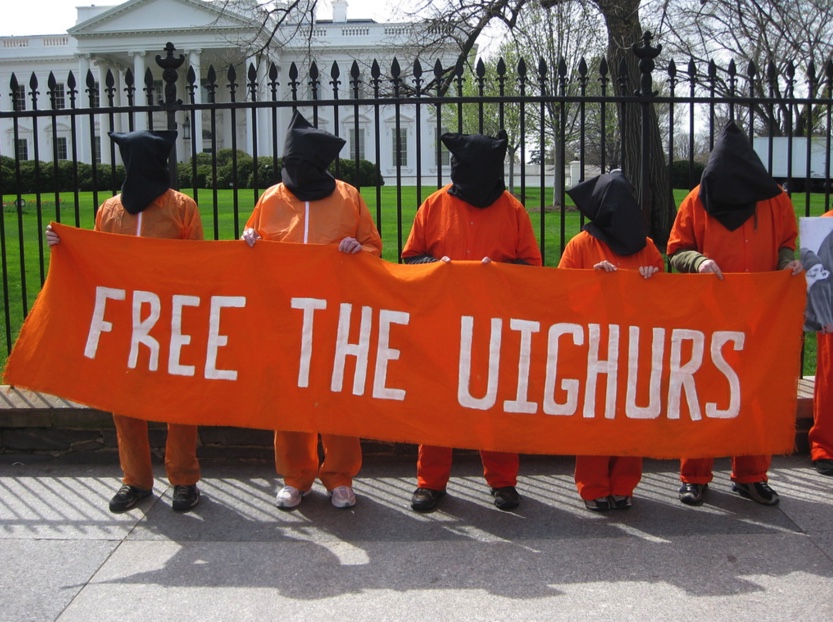As we approach 18 months since the start of the COVID-19 pandemic, school is back in full swing for the fall. For many students, including those at the University of Maryland, Baltimore County, school is back almost completely in-person. This face-to-face life we are starting to know once again feels good, sometimes bordering on ‘normal’. However, for many students at the elementary and high school level, there is less excitement in the air, replaced instead with serious concern for health and safety.
Like many universities, UMBC has set up a safe return plan. Amidst the plan are vaccination requirements, accessible COVID-19 testing, resources and support systems in place for all students. The result is a campus community that values the health of everyone.
For many other schools, underfunded or caught in counties for political battleground, the return has not been safe. Rather, students and teachers find themselves sacrificed as state politicians clash over decisions on mask mandates, testing and more.
While Maryland may not be a known state for drastic anti-masking agendas, it is still the responsibility of UMBC to spread the culture of health they nurtured for their own students locally. If state political leadership is becoming a less and less reliable source of protection for the youngest among us, than universities, with their resources and agency, must extend assistance to nearby school systems.
Outside of Maryland, the state of health regulations in schools is especially chaotic and ranging. Several Republican governors are combating mask mandates in public schools, doing everything in their power to stop mask requirements for students and teachers. On the other side, several Democratic governors have been coming down hard on health policy, sometimes as a means to build support and widen a voting base.
For example, Governor Ron DeSantis of Florida attempted to completely ban school boards from mandating masks. A circuit court judge declared the act an overreach of power soon after. On the other end of the spectrum Californian Governor Gavin Newsom has been fighting to mandate masks for all students. However, some have pointed out that his notoriously strict mandates and coronavirus-related announcements seem to be working as a distraction from the fact that he is facing a recall election.
In Maryland, the State Board of Education recently voted on mandatory masking in public school, notably at a time where COVID-19 cases were rising in the state. The bill has one final vote before it can be enforced, but at least two counties, including Carroll and Somerset, have decided anyways to make masks optional for students. Others, like Washington and Hartford County, arrived to the debate late as they were some of the last to require masks in schools and dealt with the resulting public backlash.
While regulations remain partially up in the air for our state, on September 4, Maryland reported over 1,000 new cases of COVID-19, the Delta Variant being the cause of nearly all new infections. Before that, Anne Arundel County was regarded as having an especially high COVID-19 infection rate in late August.
As much as we would like to believe the pandemic is behind us, it is not. Since many students are too young to receive a vaccine, they remain especially at risk as school moves in-person and leadership squabbles. So much so, many families are forced to consider and fear the threat of the Delta Variant as part of their child’s education.
Right now it is crucial that messages of health and unity be spread despite how highly politicized COVID-19 may remain. Not only should local government, the leaders most in touch with the communities these policies impact, have a greater voice in these safety matters, but UMBC and other universities that have set high standards of health must also provide their support.
UMBC’s own mask and vaccination policies certainly appear to be working. With approximately 97% of the campus vaccinated or medically exempted, the school has a 1.4% positivity rate. From August 18 to September 1, a total of only five people have tested positive for COVID-19.
Though the center of these health battles are not fought on UMBC owned property, school systems in Maryland have certainly been affected. With the funding and public safety knowledge UMBC holds, and the example of a healthy community they have set, it seems only right to assist. Whether this means donating personal protective equipment, offering testing services or simply speaking with students impacted by mask policy to gain an understanding of how to become part of the solution, UMBC must get involved.



